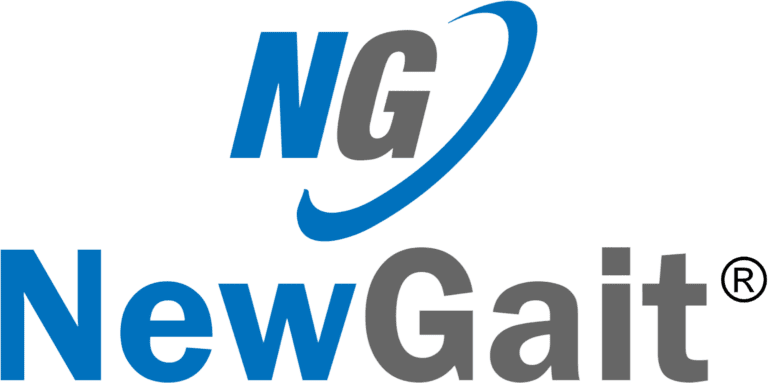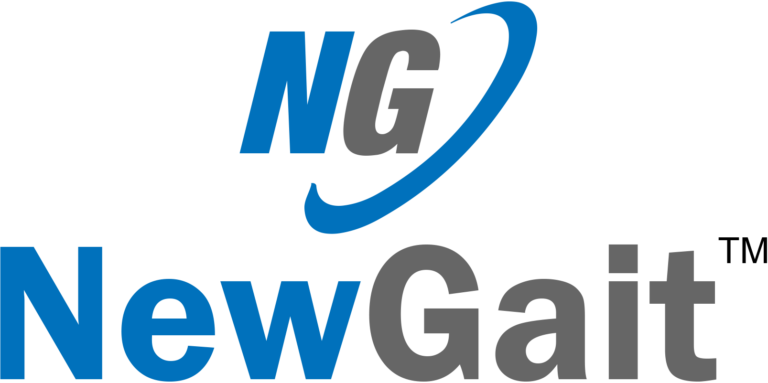What are the Important Vitamins for Stroke Recovery?
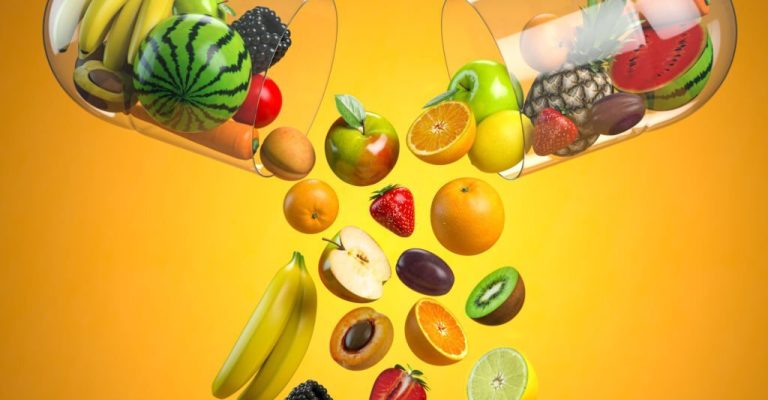
Stroke is a condition that affects millions of people worldwide, and it can significantly impact a person’s health and well-being. While recovery from a stroke can be a long and challenging process, many things can be done to support the healing process, including ensuring that the body is getting the right vitamins and nutrients. In this article, we will explore some of the most essential vitamins for stroke recovery and how they can help to support the healing process.
Importance of Vitamins for Stroke Recovery
Vitamins are essential nutrients that are vital in maintaining overall health and well-being. They are required for many biochemical processes in the body, including energy production, immune system function, and wound healing. Regarding stroke recovery, vitamins can be essential for several reasons.
Stroke can cause damage to the brain and other organs, leading to an increased need for vitamins and other nutrients. Therefore, providing the body with adequate amounts of vitamins is essential to aid recovery.
Some vitamins have antioxidant properties, which can help protect the body against oxidative stress, contributing to stroke damage. Antioxidants can help reduce inflammation, which can further help with recovery. Vitamins can help support the immune system, which is critical during stroke recovery. The immune system is essential in fighting infections and other complications that can arise during recovery.
Important Vitamins for Stroke
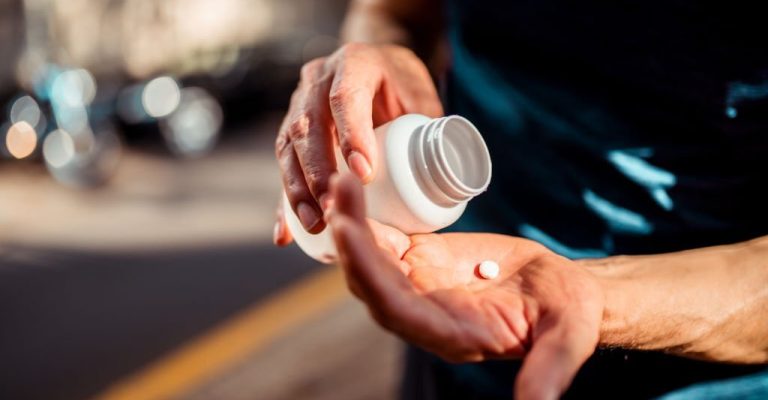
1. Vitamin B6
Producing neurotransmitters—chemicals that carry messages from the brain to the rest of the body—requires vitamin B6. The inability of the brain to manufacture these neurotransmitters after a stroke may cause a wide range of symptoms, including weakness, fatigue, and inability to focus. Vitamin B6 supplements can help stroke patients recover more quickly by boosting their brain’s natural ability to make neurotransmitters.
2. Vitamin B12
Vitamin B12 is yet another component that plays a vital role in the rehabilitation process after a stroke. The formation of healthy red blood cells, which transport oxygen throughout the body, is greatly aided by this vitamin.
A stroke can compromise the brain’s oxygen-carrying blood veins. Protecting healthy red blood cell production and oxygen delivery to the brain after a stroke may be aided by taking enough vitamin B12.
3. Vitamin D
It is known as the “sunshine vitamin” because the body produces it when exposed to sunlight. This vitamin is essential for maintaining healthy bones and muscles but may also play a role in stroke recovery.
Research has shown that vitamin D deficiency may be associated with an increased risk of stroke and poorer outcomes after a stroke. By ensuring that the body has adequate vitamin D levels, stroke survivors can potentially improve their overall health and well-being.
4. Vitamin E
Vitamin E is a potent antioxidant that may help prevent free radical damage to cells throughout the body. In the aftermath of a stroke, the brain and other organs may be more vulnerable to the damaging effects of oxidative stress. Stroke survivors may benefit from vitamin E supplements because of the way they aid the body’s natural defenses against oxidative stress.
5. Vitamin C
Another potent antioxidant, it may help prevent cell damage in the body. This vitamin is crucial for a strong immune system and may even aid rehabilitation after a stroke. Vitamin C insufficiency has been linked to a higher incidence of stroke and worse recovery results. Stroke survivors may benefit from increased well-being by increasing their vitamin C intake.
6. Omega-3 Fatty Acids
Omega-3 fatty acids are essential for maintaining a healthy brain and cardiovascular system. These fatty acids are found in oily fish, such as salmon and tuna, as well as in nuts and seeds. Omega-3 fatty acids may help reduce stroke risk and improve outcomes after a stroke. By incorporating more omega-3 fatty acids into their diet, stroke survivors can improve their overall recovery.
What are the Alternative Methods of Stroke Recovery?
physical and cognitive disabilities, depending on the severity and location of the stroke. While traditional methods of stroke recovery, such as medication and rehabilitation, are effective, several alternative methods can help individuals regain their strength and mobility.
Acupuncture
One alternative method of stroke recovery is acupuncture. Acupuncture is a form of traditional Chinese medicine that involves the insertion of thin needles into specific points on the body to stimulate the flow of energy or qi. Acupuncture is effective in treating a range of conditions, including stroke.
Research suggests that acupuncture can help improve motor function, balance, and coordination in stroke patients, reduce spasticity, and improve quality of life. While the exact mechanisms by which acupuncture works are not fully understood, it is believed to stimulate the release of endorphins, natural painkillers and promote the production of neurotransmitters that help regulate mood and emotions.
Hyperbaric Oxygen Therapy (HBOT)
HBOT involves breathing pure oxygen in a pressurized chamber, which increases the amount of oxygen in the blood and tissues. This increase in oxygen can help reduce inflammation and promote the growth of new blood vessels, improving brain function and healing. While more research is needed to understand the benefits of HBOT for stroke recovery fully, some studies have shown that it can improve cognitive function and reduce the risk of disability in stroke patients.
Meditation
Meditation is a practice that involves focusing the mind on a particular object, thought, or activity to achieve a state of relaxation and mental clarity. It can help reduce stress and anxiety, improve mood, and promote neuroplasticity, or the brain’s ability to adapt and change.
This can be particularly beneficial for stroke patients, who may experience depression, anxiety, or cognitive impairment due to their stroke. Meditation can also help improve physical function, as it has been shown to improve balance, coordination, and gait in older adults.
In addition to these alternative methods of stroke recovery, several lifestyle changes can help promote healing and improve overall health. These include eating a healthy diet, exercising regularly, staying hydrated, and getting enough sleep.
It is also essential for stroke patients to stay engaged in activities they enjoy and to seek support from family, friends, and healthcare professionals. While stroke recovery can be a long and challenging process, many resources are available to help individuals regain their strength, mobility, and independence.
How Many People Use Vitamins for Stroke Recovery?
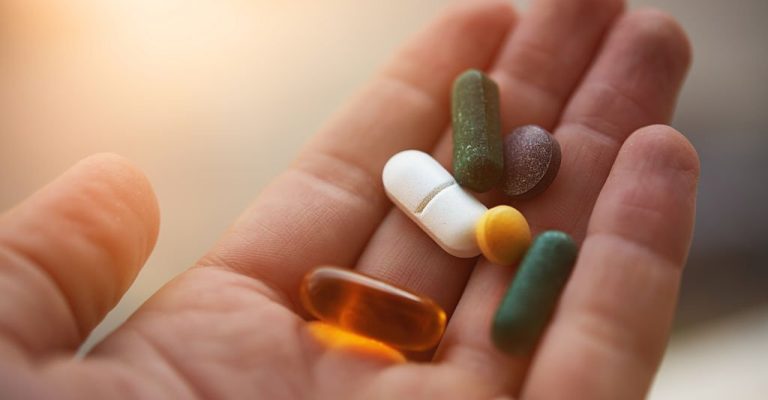
Vitamins are essential nutrients that play a crucial role in maintaining the body’s overall health and well-being. Regarding stroke recovery, there is no doubt that vitamins play a vital role in the rehabilitation process. Although no specific data is available on the number of people who use vitamins for stroke recovery, evidence suggests that many stroke survivors turn to vitamin supplements to support their recovery.
One of the primary reasons why stroke survivors turn to vitamins is that they can help improve overall brain health. Vitamins such as vitamins B6, B12, and folic acid support healthy brain function and can aid in repairing and regenerating damaged brain cells. In addition, vitamins C and E are powerful antioxidants that can help protect the brain from further damage caused by free radicals.
Another reason stroke survivors use vitamins is that they can help improve physical health. Vitamins such as vitamin D and calcium are essential for maintaining healthy bones, while vitamin K can help reduce the risk of blood clots, which can lead to further strokes. Furthermore, many stroke survivors experience fatigue and weakness following their stroke, and vitamins such as vitamin B12 can help improve energy levels and reduce feelings of fatigue.
It is important to note that while vitamins can be beneficial for stroke recovery, they should not replace traditional stroke rehabilitation therapies such as physical and speech therapy. Instead, they should be used as a supplement to these therapies to support the body’s overall healing process.
Conclusion
Stroke recovery can be long and challenging, but ensuring the body gets the right vitamins and nutrients can help support healing. By incorporating these important vitamins and nutrients into their diet, stroke survivors can improve their overall health and well-being and increase their chances of a successful recovery. Speaking with a healthcare professional before starting any new supplement regimen is essential.
